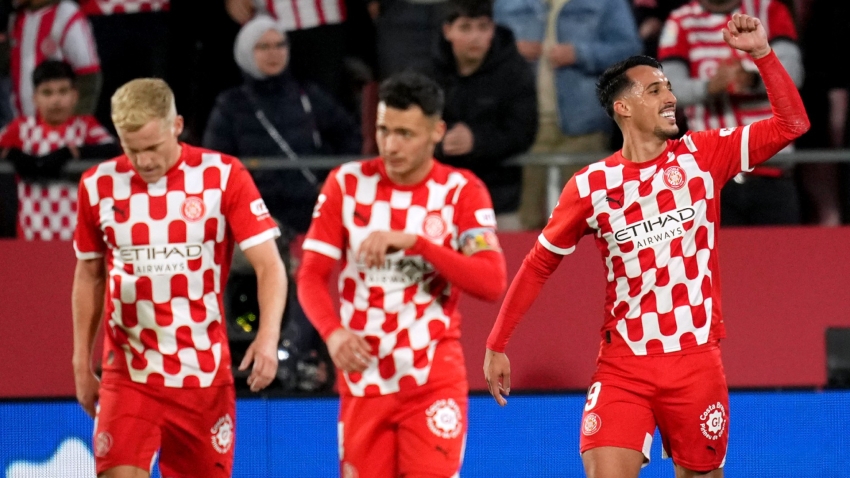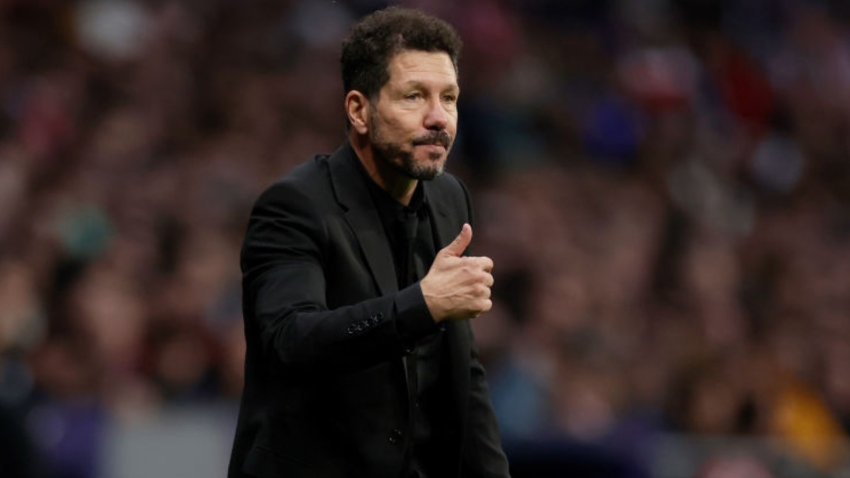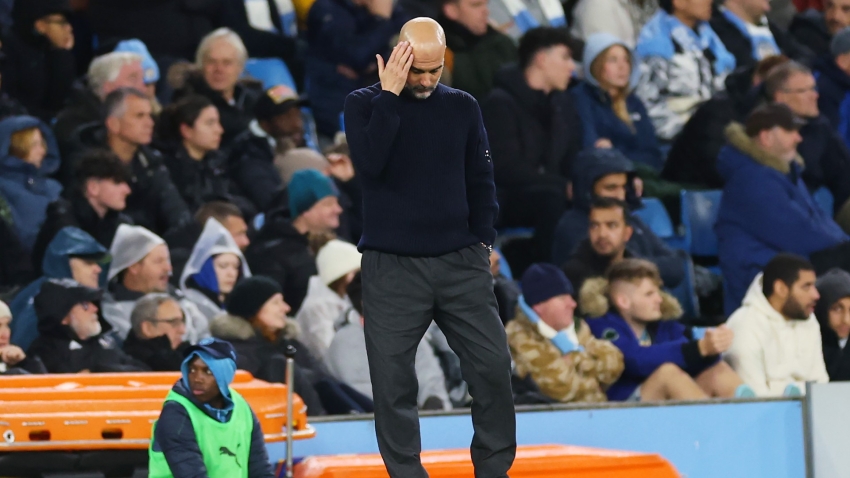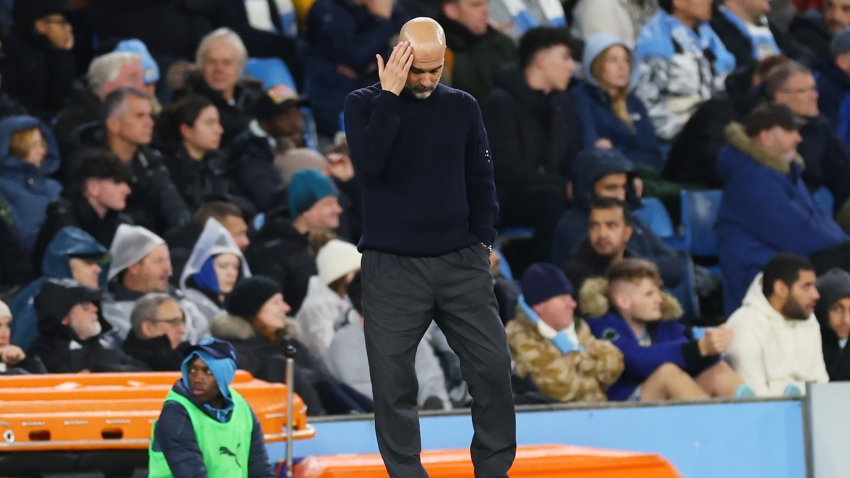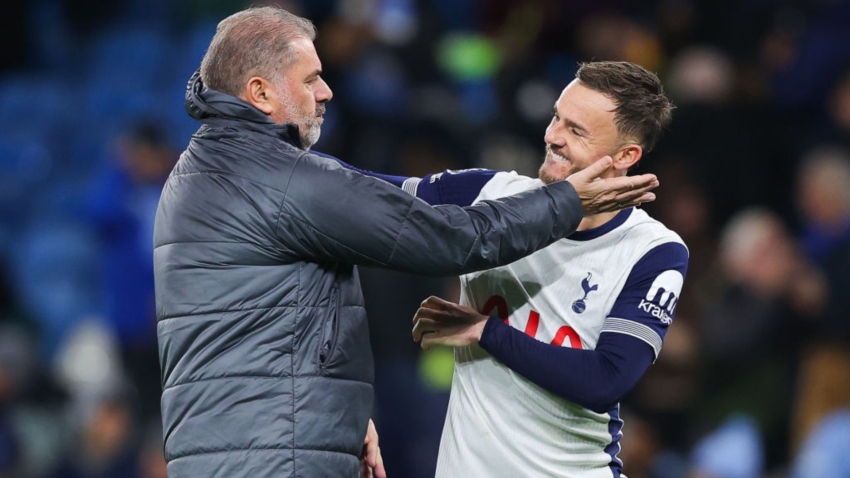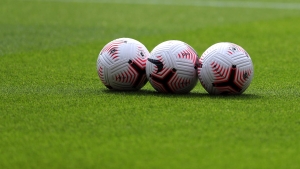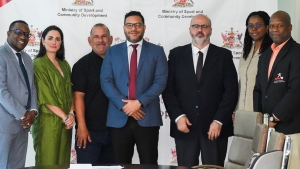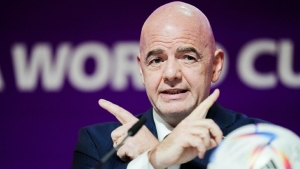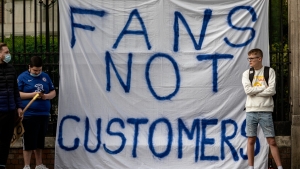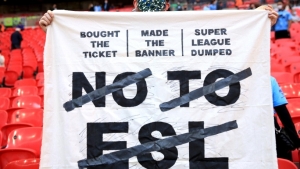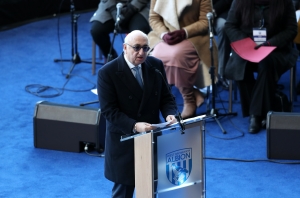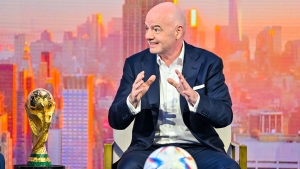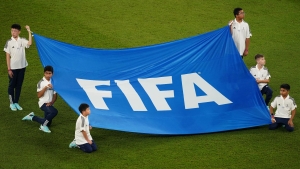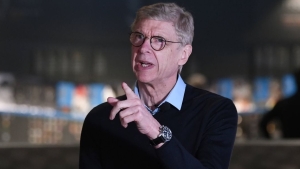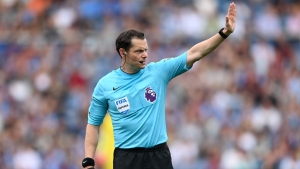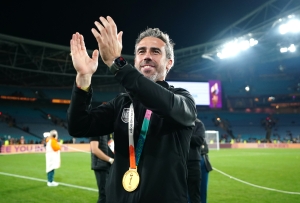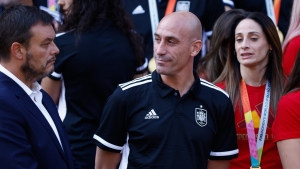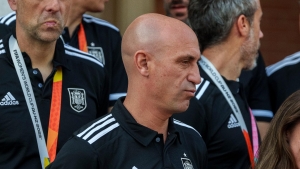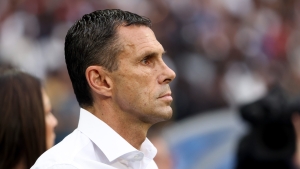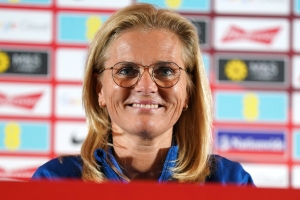Football faces a conundrum as packed schedules impact the quality of play, and Gus Poyet believes the solution lies with players making decisions rather than organisations.
A new officiating directive in the Premier League has seen games regularly pass the 100-minute mark due to additional stoppage time this season, as was also the case at the 2022 World Cup in Qatar.
Manchester United's Raphael Varane has voiced his concerns over the increased playing time adding to an already hectic schedule, while Manchester City boss Pep Guardiola has outlined similar fears.
Former Chelsea and Tottenham midfielder Poyet acknowledges it is a difficult situation, with top leagues and governing bodies keen to maximise revenue, sometimes at the expense of quality.
Poyet told Stats Perform: "The matter with the games is simple. When you play too many games, you lose the quality, you can't maintain your quality at the same level for 60 or 70 games a season, no chance.
"If people want to see quality football, they need to reduce the number of games. If you reduce the number of games, there is less television and if there is less television, there is less money.
"Everyone who is involved in football, me included, needs to answer, do we agree to earn less and play less, or are we very selfish and want to keep earning more and more while playing fewer games?
"These things go together. I think we need to start from there because you're not going to be able to pay £100million for someone if you don't have the television [money] from playing 38-plus games.
"I think we are a little bit selfish and we only think about ourselves when the money that we are earning is coming because of the quantity of games that you can show on TV.
"That is the bottom line, I think it's common sense and if somebody doesn't agree, it is because they are only thinking about themselves."
Poyet's glittering playing career and coaching background, as well as his experience as a television pundit, means the Uruguayan is well-versed in this particular battle.
While organisations such as FIFA and UEFA dictate matters at football's top table, Poyet is eager to see power shifted to players and coaches.
"Until we start letting people who played football or who understand football at the highest level, top coaches, decide the rules of football, we're going to have problems," he continued.
"The people deciding these rules don't know [about the game]. They have never played most of the time and they think they know.
"Even if they say they have got a group of experts, the group of experts are people that work at UEFA and they get together and get paid.
"For proper rules ask the players, involve the players, get the Professional Football Association from every country and get them together.
"Ask the question, take it to your country and then bring it back. In that way, we have an agreement and then there are no complaints."
The introduction of video assistant referees (VAR) to review decisions has further frustrated some supporters, with crucial decisions often taking minutes rather than seconds.
Poyet believes the onus should be restored onto the referees on the pitch, rather than those in the stands or watching from remote VAR hubs.
He continued: "For me, I would like more responsibilities on the referee. Right now, the referees have got zero responsibility. With VAR, they decide nothing.
"Whatever happens on the pitch, if they make a mistake then somebody is there, having a coffee and telling them what to do, which is not what the referees are about.
"The referees are about being in charge of the games and they have to have responsibilities, and that responsibility is also checking, breathing and smelling people [who are wasting time].
"Are you going to say that a referee that has refereed 200 games doesn't know when a team is time-wasting and going too far? Let him manage the game.
"They waste more time with the VAR than the players do, so we are having extra time because of the VAR. Take it away, it is rubbish anyway. Absolutely rubbish.
"Are we taking away five jobs, four jobs or three jobs? I don't know how many there are in there, that is a problem so sort it out. But the most important thing for me is to let the referee take responsibility."







